[Jiyu Kong, Edaily Reporter] “The traditional model of younger generations supporting the elderly is becoming less sustainable. As aging accelerates, robots and AI will play an increasingly vital role in assisting older adults.”
Professor Jae-boong Choi of the Department of Mechanical Engineering at Sungkyunkwan University stated in an interview with Edaily, “Technologies like AI and autonomous driving can help reduce limitations faced by elderly individuals, making them valuable assets in welfare and caregiving. We need a more forward-thinking approach to embracing technological innovation.”
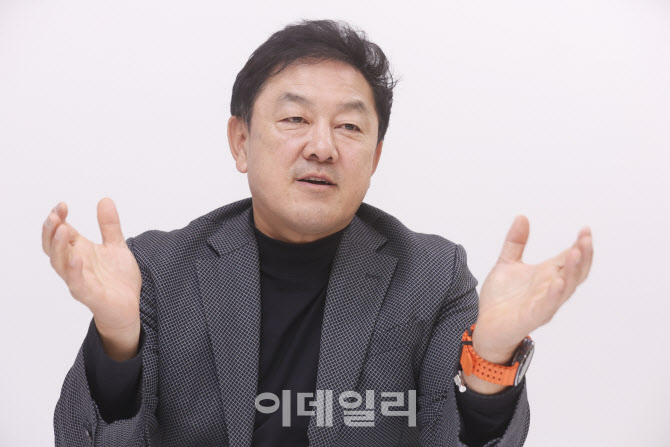 |
| Professor Jae-boong Choi of Sungkyunkwan University’s Department of Mechanical Engineering.(Photo by Young-hoon Lee) |
A renowned AI expert and author of “Phono Sapiens,” which examines the impact of digital technology on civilization, Professor Choi will present at the 16th Edaily Strategy Forum’s “Session 3” on “Three Steps to Building a Growth Model for an Inverted Population Pyramid,” focusing on the current state and challenges of “aging tech” that supports seniors’ lives.
Professor Choi, a renowned AI expert and author of “Phono Sapiens,” has extensively studied the impact of digital technology on human civilization. As an AI expert, he will be presenting at Session 3 of the 16th Edaily Strategy Forum, on “Three Steps to Building a Growth Model for an Inverted Population Pyramid.“, focusing on the current state and challenges of ”Aging Tech“ that supports seniors’ lives.
“Technology’s Role Grows as Aging Accelerates”
As Korea enters a super-aged society, a new market is emerging for seniors based on AI, robotics, autonomous driving, and the Internet of Things (IoT). Rather than viewing demographic shifts solely as a crisis, they argue that aging can drive industrial innovation.
Age-Tech is gaining attention as a key solution for supporting elderly lifestyles. Technologies like wearables and robots can support daily life and monitor health for seniors. According to KB Financial Group, the global aging tech market has grown at an average annual rate of 23% since 2019 and is expected to reach $3.2 trillion (about 4,450 trillion KRW) this year.
Choi highlights autonomous driving as a key technology for an aging society. “Global companies like Tesla are making it normal for cars to drive themselves,” he said. “Even those with chronic illnesses due to aging will be able to use autonomous vehicles to visit hospitals and get around.”
Professor Choi highlights autonomous driving as one of the most promising technologies for aging societies. “Global companies like Tesla are making it normal for cars to drive themselves,” he said. “Even those with chronic illnesses due to aging will be able to use autonomous vehicles to visit hospitals and get around.”
However, Korea’s pace of technological advancement lags behind other countries due to excessive regulation. Professor Choi points out that “Waymo, Google’s autonomous driving company in the U.S., is nearing commercialization, and China is already operating 400 unmanned taxis in Wuhan. Korea still lacks trust in its own technology.” He added, “As humanity invests in services to ensure human longevity and well-being, we need to accept and invest in technology, not block it with regulation.”
Beyond autonomous vehicles, the U.S. and China are also investing heavily in humanoid and wearable robotics, allowing them to maintain a competitive edge. “Korea needs a spirit of challenge to achieve technical excellence in these fields, but we’re still lagging,” Choi said.
“National-Level Pump-Priming Is Needed”
Experts stress the need for a long-term policy roadmap for AI and related fields to drive technological development. Professor Choi states, “We need to pay attention and establish long-term policies as science and technology are critical issues in an era of demographic crisis.”
He also points out that, because new technologies entail high initial costs, national-level investment is needed to jump-start innovation. Ahead of the presidential election, Democratic Party candidate Jae-myung Lee pledged to invest 100 trillion KRW in AI, while People Power Party candidate Moon-soo Kim promised to train 200,000 young AI professionals - underscoring the renewed importance of AI as a future growth engine.
“Unlike previous elections, where politicians made populist promises just to win votes, this time we’re seeing real discussion about AI investment,” Professor Choi said. “For Korea’s competitiveness, now is the time to reach a consensus on investing in AI.” He added, “We need to focus not only on R&D support but also on AI education for future generations.”
About Professor Jae-boong Choi…
△Born in 1965 △Ph.D. in Mechanical Engineering, University of Waterloo, Canada △Former Vice President and Head of Industry-Academia Cooperation, Sungkyunkwan University △Professor, Department of Mechanical Engineering and Head Professor, Department of Service Convergence Design, Sungkyunkwan University

 1 day ago
4
1 day ago
4

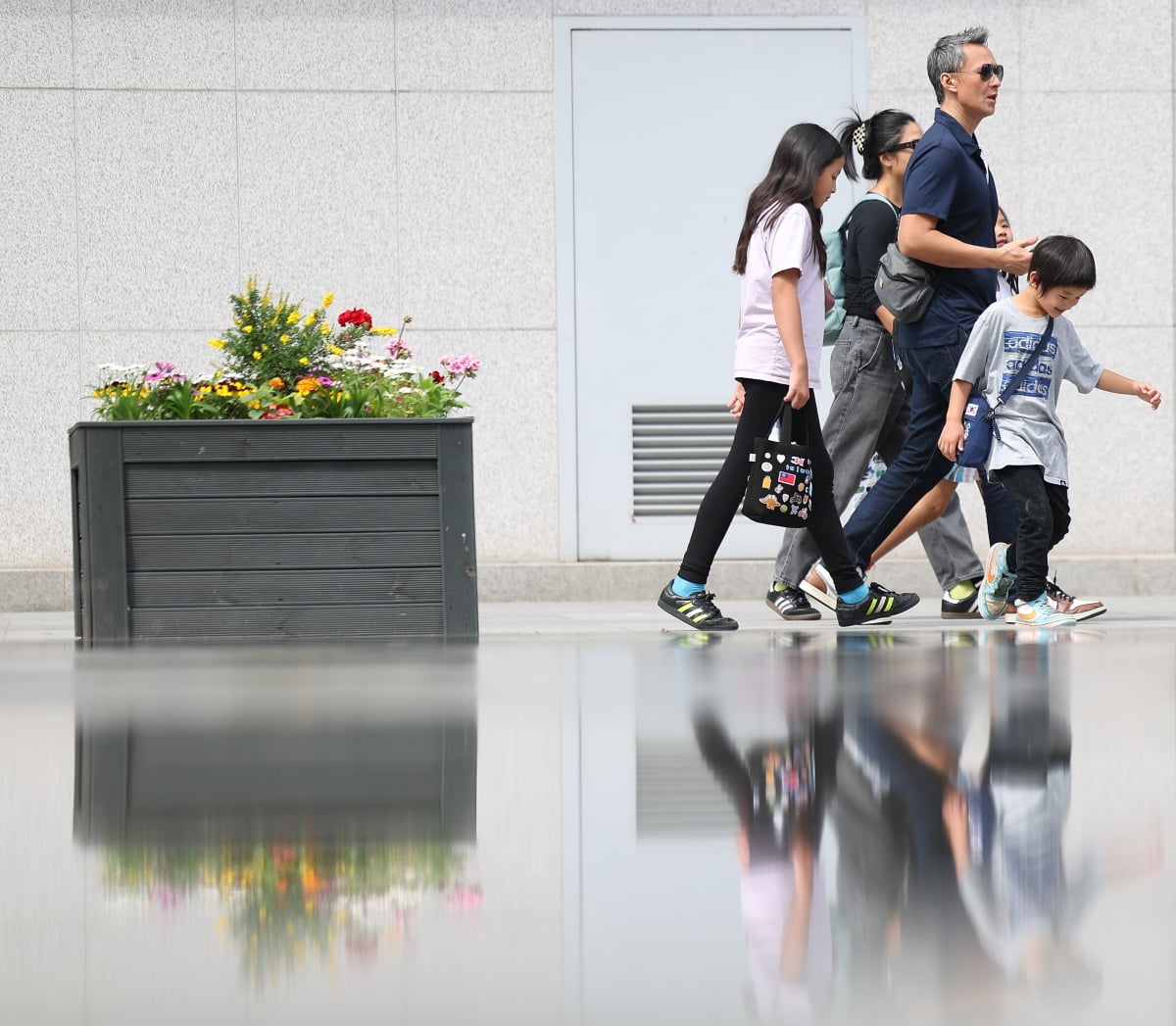

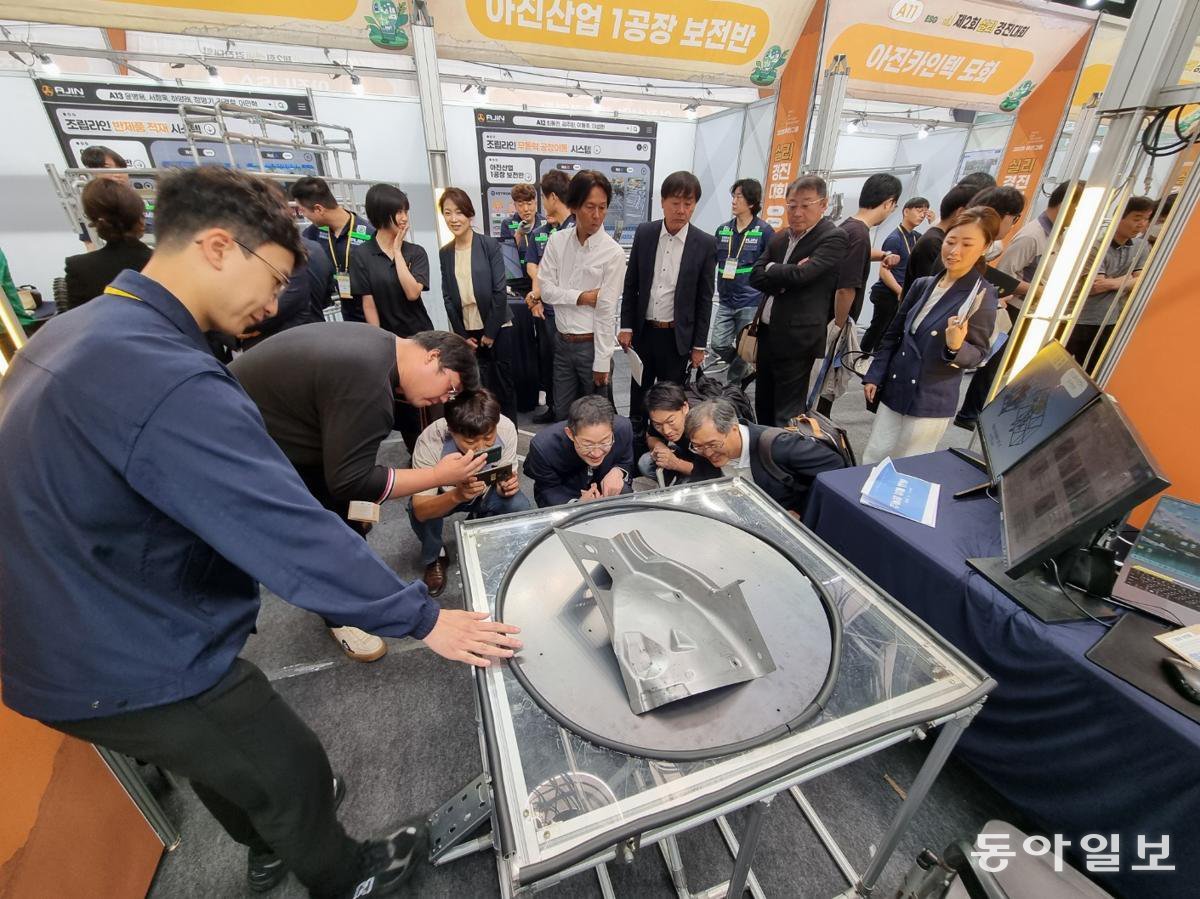
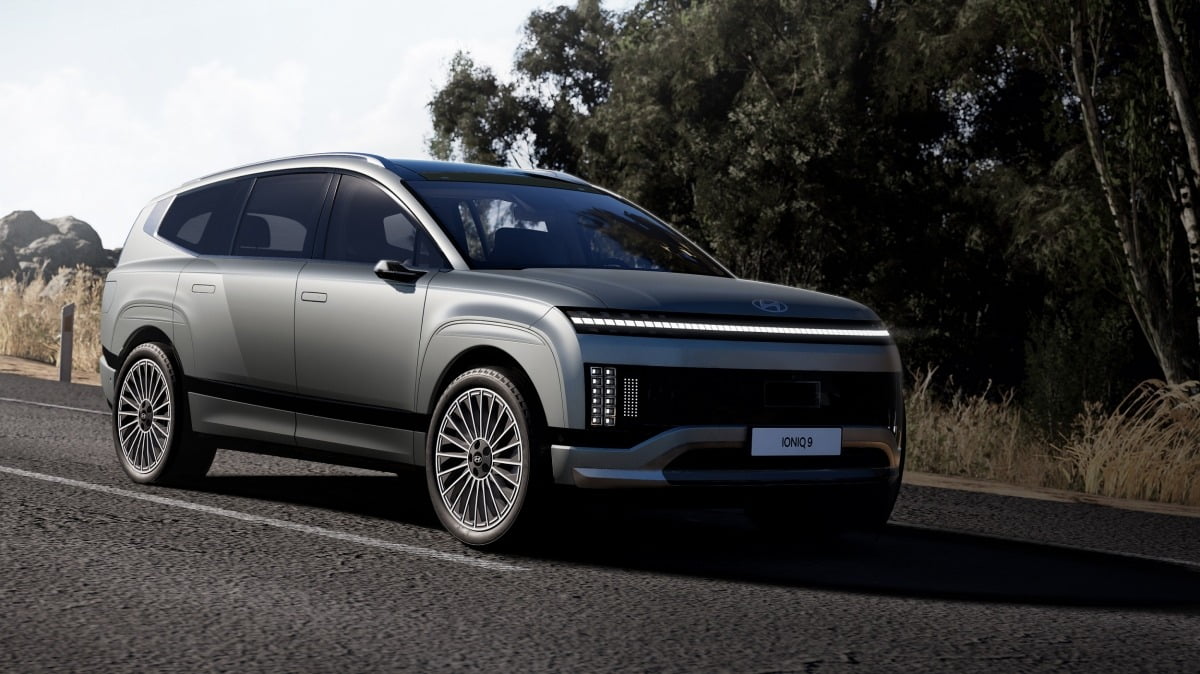

![삼겹살 식당에서 소주 ‘짠’… 한국 아니라 필리핀이라고?[동아리]](https://dimg.donga.com/wps/NEWS/IMAGE/2025/05/26/131685388.2.jpg)


![조승래 “지귀연 판사 제보 여러건…법원-공수처가 확인해야” [정치를 부탁해]](https://dimg.donga.com/wps/NEWS/IMAGE/2025/05/19/131636504.1.jpg)
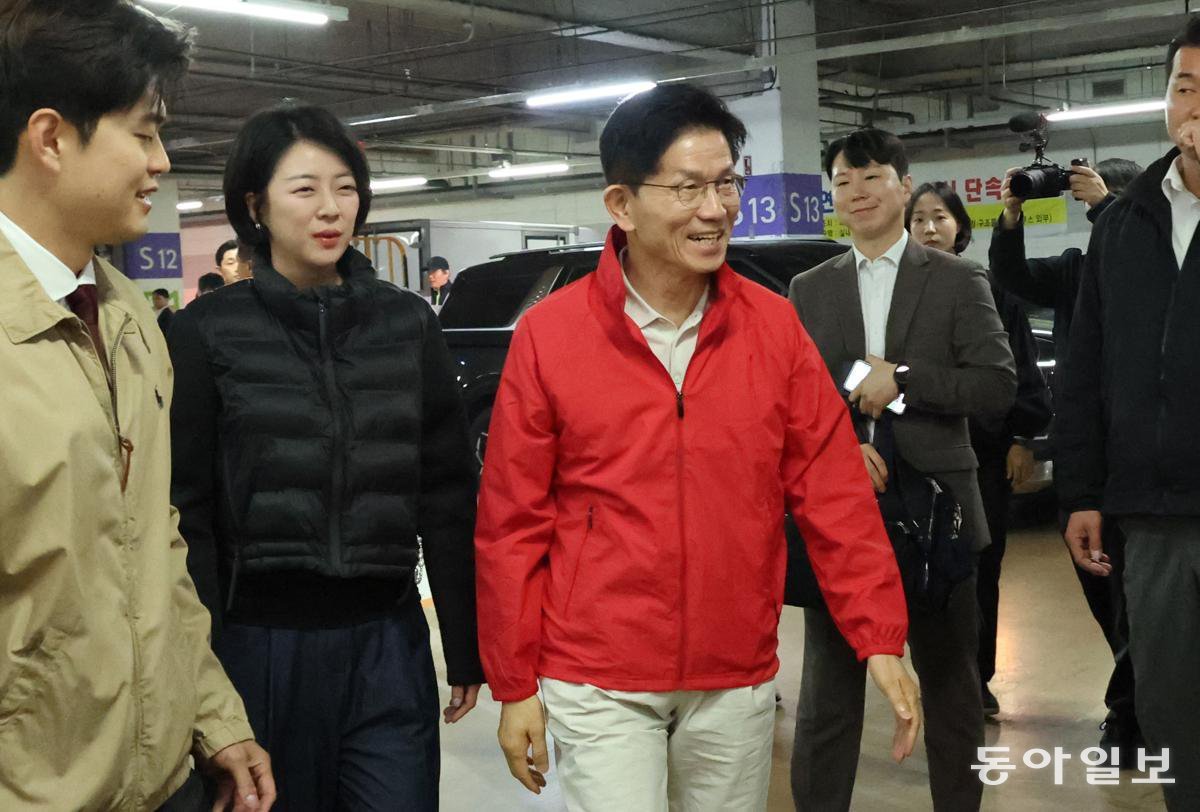



![[포토] 투표용지 인쇄 시작](https://img.hankyung.com/photo/202505/AA.40611422.1.jpg)
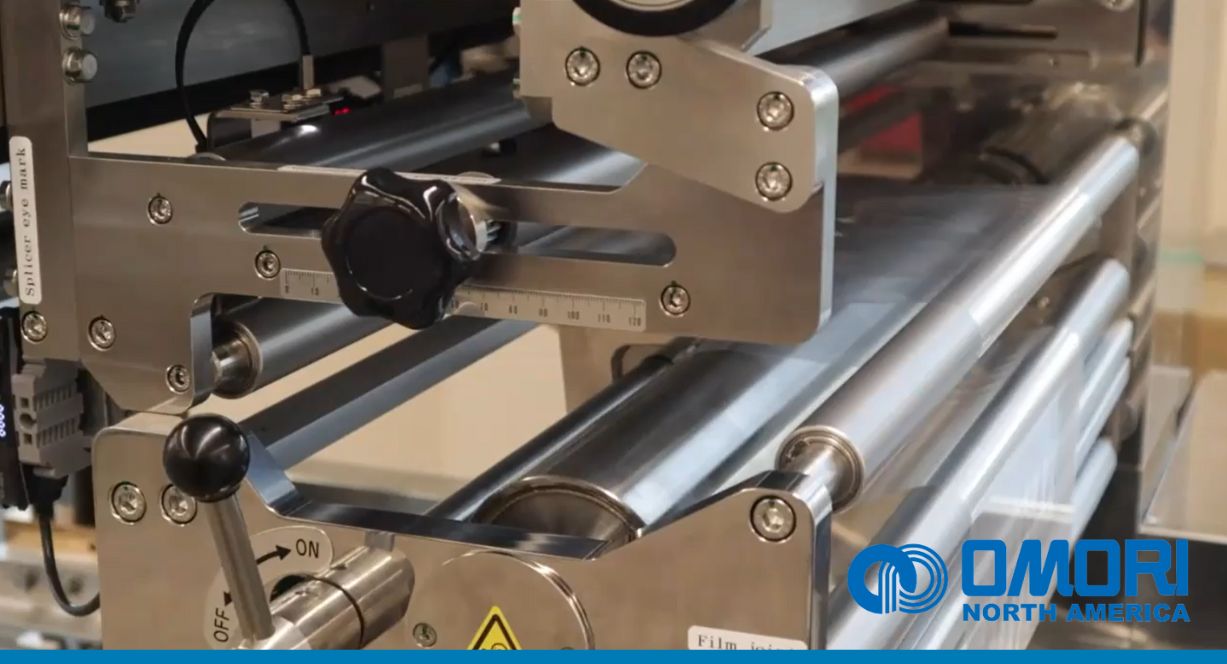
 English (US) ·
English (US) ·